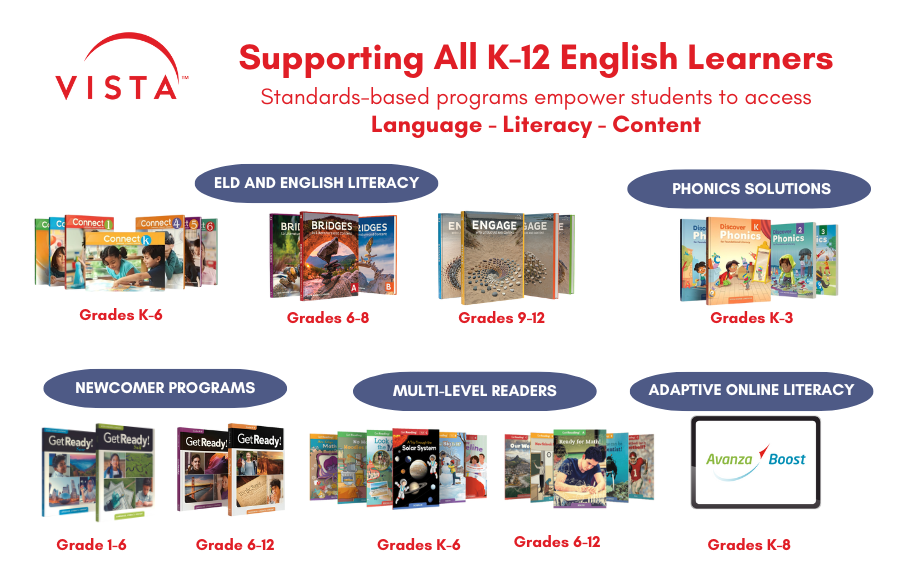The Effect of Type of Task on EFL Learners’ Vocabulary Learning
By Zahra Eskandari, Omid Khatin-Zadeh, Danyal Farsani, and Hassan Banaruee
 130 EFL learners who were similar in English proficiency were chosen to participate in this study of the effectiveness of common methods used to help students learn vocabulary. The lack of “research comparing different tasks to investigate the acquisition of vocabulary knowledge among adult learners of English as a foreign language (EFL)” prompted the authors to conduct this experiment.
130 EFL learners who were similar in English proficiency were chosen to participate in this study of the effectiveness of common methods used to help students learn vocabulary. The lack of “research comparing different tasks to investigate the acquisition of vocabulary knowledge among adult learners of English as a foreign language (EFL)” prompted the authors to conduct this experiment.
The students were divided into five groups to study ten vocabulary words that they had not encountered previously. The five methods described in the article were:
- reading and multiple-choice items – comprehension questions using the vocabulary words
- reading and choosing definitions out of four options
- reading and fill-in-the-blanks – a cloze exercise
- reading and re-wording the sentences – the sentences contained synonyms of the vocabulary words, and the students had to rewrite the sentences using the target words
- composition writing – the students had to write about the same topic as the reading and use the ten vocabulary words.
As expected, the “composition writing and sentence rewording tasks supersede other tasks in terms of their effectiveness in vocabulary acquisition.”
However, other factors, such as motivation and repeated exposure to the vocabulary also affect retention, and the authors suggest that “Research with different kinds of tests especially those which involve both recognition and recall might yield different findings”.
You can read about it here.
 NJTESOL/NJBE is proud to announce our member of the month for April. We are thrilled to award her with this honor. In her own words, I’m truly honored to be NJTESOL/NJBE’s Member of the Month for April! Supporting multilingual learners and their teachers is not just my job—it’s my passion. Being part of this amazing community has given me the opportunity to learn, grow, and connect with educators who share the same dedication to our students. This recognition means so much to me, and I’m incredibly grateful to be part of a network that values and uplifts multilingual voices. Thank you for this special honor!
NJTESOL/NJBE is proud to announce our member of the month for April. We are thrilled to award her with this honor. In her own words, I’m truly honored to be NJTESOL/NJBE’s Member of the Month for April! Supporting multilingual learners and their teachers is not just my job—it’s my passion. Being part of this amazing community has given me the opportunity to learn, grow, and connect with educators who share the same dedication to our students. This recognition means so much to me, and I’m incredibly grateful to be part of a network that values and uplifts multilingual voices. Thank you for this special honor!
 130 EFL learners who were similar in English proficiency were chosen to participate in this study of the effectiveness of common methods used to help students learn vocabulary. The lack of “research comparing different tasks to investigate the acquisition of vocabulary knowledge among adult learners of English as a foreign language (EFL)” prompted the authors to conduct this experiment.
130 EFL learners who were similar in English proficiency were chosen to participate in this study of the effectiveness of common methods used to help students learn vocabulary. The lack of “research comparing different tasks to investigate the acquisition of vocabulary knowledge among adult learners of English as a foreign language (EFL)” prompted the authors to conduct this experiment.
